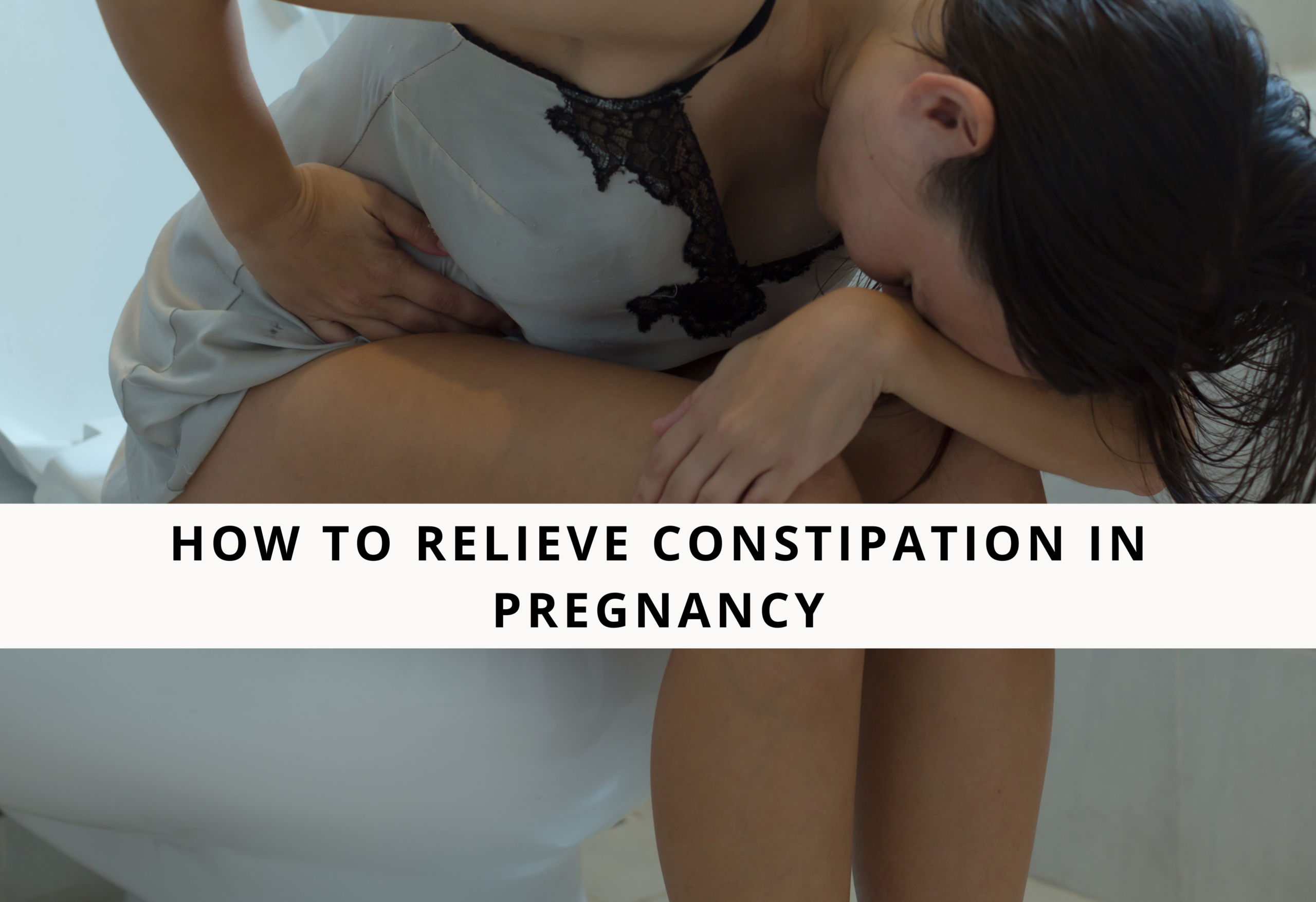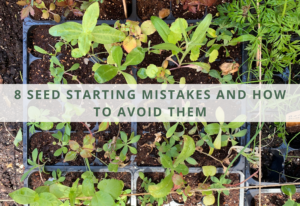Table of Contents
Navigating Constipation in Pregnancy
Experiencing constipation is a common, albeit uncomfortable, part of pregnancy for many. With symptoms ranging from difficult and painful defecation to the sensation of incomplete evacuation, it’s an issue that can significantly impact your daily comfort and quality of life. Understanding why constipation occurs during pregnancy can help manage and alleviate this bothersome symptom.
Why Constipation In Pregnancy happens
Constipation during pregnancy results from a blend of hormonal, dietary, and physical changes. The increase in progesterone levels slows down gastric motility, while the physical expansion of the uterus can mechanically alter your usual bowel movements. Diets low in fiber, reduced physical activity, a history of constipation, and iron supplements (especially those high in elemental iron) are also contributing factors. Unfortunately, constipation can lead to the development of uncomfortable conditions like hemorrhoids or anal fissures, alongside symptoms such as abdominal pain, nausea, and a poor appetite.
Tips for Relieving Constipation in pregnancy
Diet and Hydration
Incorporate plenty of high fiber foods like fruits, vegetables, whole grains, and legumes into your diet. High-fiber foods can help facilitate bowel movements. Drink plenty of water throughout the day. Fluids can help soften stools, making them easier to pass.
Increasing Your Daily Magnesium Citrate
Increasing your daily intake of magnesium citrate can be helpful in preventing constipation during pregnancy for several reasons. Magnesium citrate works as an osmotic laxative, which means it draws water into the intestines. This increased water softens the stool, making it easier to pass and reducing the likelihood of constipation. Moreover, magnesium plays a role in muscle relaxation, which can help alleviate the intestinal muscle spasms that often contribute to constipation. Since pregnancy increases the body’s need for magnesium, supplementing with magnesium citrate not only supports overall health but also aids in maintaining regular bowel movements. However, it’s important to consult with a healthcare provider before starting any new supplement to ensure it’s safe and appropriate for your specific pregnancy needs. Read more about all the awesome the benefits of magnesium during pregnancy here!
Physical Activity:
Staying active and engaging in regular, gentle exercise, such as walking or prenatal yoga can help stimulate bowel function and prevent and alleviate constipation in pregnancy.
Iron Supplementation:
If you’re possibly experiencing constipation from iron supplements, talk to your midwife about possibly adjusting the type or dosage. Learn more about The Power Of Iron In Pregnancy.
Bulking Agents:
Adding 2-4 tablespoons of bran or psyllium to your diet can introduce the necessary bulk to your stools. It may take a couple of days to notice the effects, but once you achieve relief, adjust the amount to prevent future constipation.
Osmotic Laxatives:
If diet and bulking agents don’t offer relief, osmotic laxatives like Magnesium Citrate, polyethylene glycol or lactulose, are safe during pregnancy and can provide quicker relief, though be mindful of potential side effects like diarrhea and abdominal discomfort.
Enemas:
A Fleet type enema can be a safe, effective method for immediate constipation relief if other measures are unsuccessful.
When To Call The Midwife
While constipation is typically manageable with self-care strategies, there are times when it’s important to seek professional advice:
- If you experience severe or persistent abdominal pain.
- If constipation leads to hemorrhoids or anal fissures that cause significant discomfort or bleeding.
- If you’re unable to achieve relief from constipation despite trying self-care measures.
- Before starting any new supplement or medication for constipation relief.
Understanding that constipation is a common part of pregnancy and knowing how to effectively manage it can help you navigate this discomfort with confidence. Always consult with your midwife to ensure that your approach to relief is safe for both you and your baby. Remember, you’re not alone in this, and help is available to make your pregnancy as comfortable as possible.
FAQs About Constipation During Pregnancy
1. Why am I experiencing constipation now that I’m pregnant?
Constipation during pregnancy is mainly due to hormonal changes. The increase in progesterone slows down your digestive system, leading to delayed gastric motility. Additionally, as your pregnancy progresses, the expanding uterus can physically alter your bowel movements. Iron supplements, a common part of prenatal care, can also contribute to constipation.
2. Is constipation during pregnancy a sign of something wrong?
While constipation is uncomfortable, it’s a common and typically normal symptom of pregnancy, related to hormonal and physical changes in your body. However, if you experience severe pain, bleeding, or no relief from self-care measures, it’s important to consult with your healthcare provider to rule out other conditions.
3. Are laxatives safe to use during pregnancy?
Some laxatives are safe during pregnancy, but it’s crucial to use them under the guidance of your midwife or healthcare provider. Bulking agents and osmotic laxatives like polyethylene glycol and lactulose are generally considered safe. However, it’s best to try dietary and lifestyle changes first before resorting to laxatives.
4. Can constipation affect my baby?
No, constipation does not directly affect your baby. While it can be uncomfortable for you, it doesn’t harm the baby. The baby is well-cushioned inside your womb and will continue to grow and develop normally, even if you’re experiencing constipation. However, managing constipation effectively can improve your overall comfort and well-being during pregnancy. Preventing pregnancy constipation with fiber rich foods, hydration, and physical activity can also help prevent hemorrhoids!
5. How long does constipation last during pregnancy?
The duration of constipation during pregnancy can vary widely among individuals. Some may experience it as an early symptom that improves by the second trimester, while others might find it persists throughout pregnancy. The fluctuating levels of hormones, dietary habits, and the physical pressures of a growing uterus all play a role. With proper dietary management, hydration, increased physical activity, and pregnancy safe remedies as needed, most can manage constipation effectively throughout their pregnancy.





